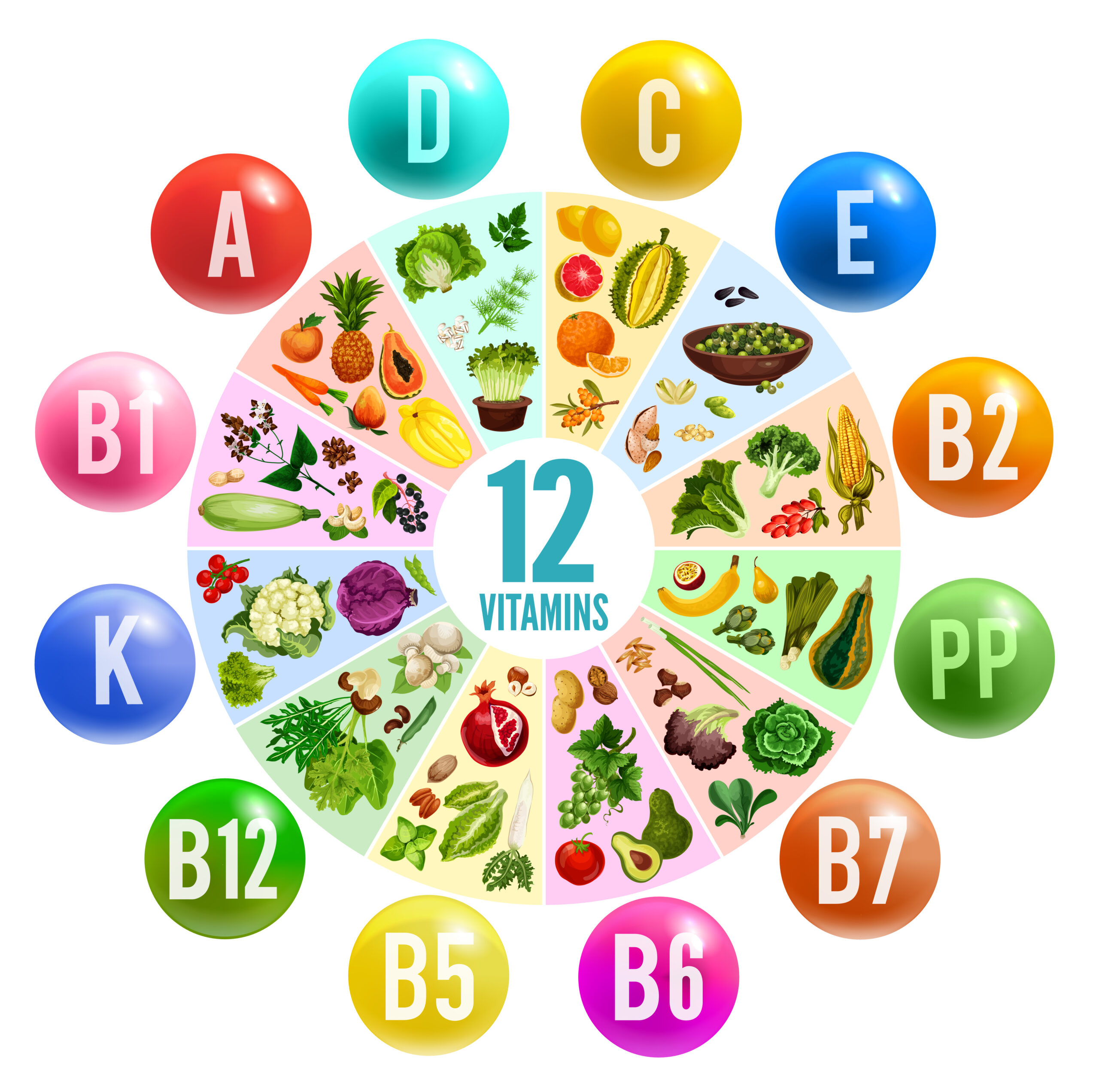Assessing personalized nutrition strategies to combat Alzheimer’s
### Combating Alzheimer’s with Personalized Nutrition
Alzheimer’s disease is a complex condition that affects millions of people worldwide. While there is no cure, research has shown that certain dietary choices can help manage the symptoms and potentially slow down the progression of the disease. In this article, we will explore how personalized nutrition strategies can play a crucial role in combating Alzheimer’s.
#### Understanding the Role of Diet
Diet plays a significant role in maintaining overall health, and this is especially true for individuals with Alzheimer’s. A well-balanced diet can help reduce the risk of dementia and may even help treat the disease by slowing its progression. Here are some key points to consider:
– **Heart-Healthy Diets**: Diets like the Mediterranean diet, which emphasize fruits, vegetables, whole grains, nuts, and healthy fats like olive oil, have been shown to reduce the risk of dementia. This diet also includes fish and lean poultry, which are rich in omega-3 fatty acids that support brain health[1].
– **Avoiding Unhealthy Foods**: Diets high in table sugar, high-fructose corn syrup, high-glycemic-index carbohydrates, salty foods, and processed meats can increase the risk of Alzheimer’s. These foods can alter brain metabolism and lead to degeneration of brain regions associated with the disease[2].
#### Key Nutrients for Brain Health
Certain nutrients are essential for maintaining cognitive function and overall brain health. Here are some of the most important ones:
– **Omega-3 Fatty Acids**: Found in fatty fish, flaxseeds, and walnuts, omega-3 fatty acids support brain structure and function. They help reduce inflammation and promote healthy brain cells[3].
– **B Vitamins**: B vitamins, particularly those found in leafy greens, beans, and whole grains, aid in neurotransmitter production. They are crucial for maintaining mood and cognitive function[3].
– **Antioxidants**: Antioxidants like those found in berries, nuts, and dark chocolate protect the brain from oxidative stress associated with aging. They help prevent the formation of beta-amyloid deposits, which are a hallmark of Alzheimer’s disease[2][3].
#### Hydration and Nutrition
Hydration is also critical for individuals with Alzheimer’s. Dehydration can lead to confusion, constipation, and delayed recovery. Encouraging adequate fluid intake is essential, especially for seniors who may have decreased appetite and nutrient absorption[3].
#### Personalized Nutrition Strategies
Each person’s nutritional needs are unique, and a personalized approach to nutrition can be particularly beneficial for those with Alzheimer’s. Here are some strategies to consider:
– **Tailored Meal Plans**: Creating meal plans that are rich in essential nutrients tailored to the individual’s recovery needs can significantly improve nutritional intake. This involves including lean proteins, whole grains, fruits, and vegetables in the diet[3].
– **Encouraging Healthy Eating**: Care partners can help by offering healthy options that the person likes and can eat. High-calorie, healthy meal replacement shakes and smoothies can be helpful when eating becomes more difficult[1].
– **Addressing Nutritional Deficiencies**: Nutritional deficiencies can exacerbate chronic health conditions. Ensuring seniors receive ample nutrients, such as protein for muscle repair and calcium for bone strength, is crucial for managing age-related diseases[3].
#### Conclusion
Combating Alzheimer’s through personalized nutrition involves understanding the role of diet in maintaining brain health and addressing nutritional deficiencies. By incorporating heart-healthy diets rich in omega-3 fatty acids, B vitamins, and antioxidants, and ensuring adequate hydration, individuals with Alzheimer’s can potentially slow down the progression of the disease. A tailored approach to nutrition, taking into account individual needs and preferences, can make a significant difference in managing the symptoms and improving overall quality of life.





